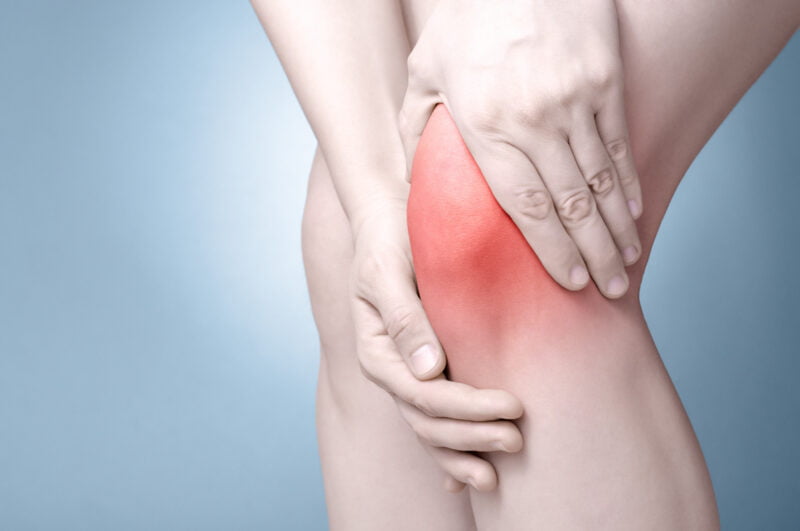Millions of Americans are affected by joint pain.
With the way joint pain has grown increasingly common over the years, more and more people are seeking out ways to manage their symptoms. The problem is, with so many different types of joint pain, it can be hard to know what treatment will work best for you.
If you are struggling with joint pain it is always a good idea to consult a professional at a jacksonville orthopedic clinic, so you can be diagnosed with the correct issue and appropriate treatment. Keep reading to learn about the different causes of joint pain and how to decrease its impact on your life.
What Is Arthritis?
Arthritis is one of the most common causes of joint pain.
Arthritis-related joint pain is the result of inflammation, damage, or both within the joint area.
As there are so many different types of arthritis, arthritis-related joint pain can have a variety of different symptoms. This includes swelling, stiffness in joints, severe burning sensations, and much more.
Osteoarthritis
Osteoarthritis is the most common form of arthritis and is usually caused by an age-related breakdown of cartilage. This type of arthritis typically affects joints in the knees, hips, neck, lower back, and fingers.
Osteoarthritis usually starts with sharp, intermittent pain and shifts into a constant ache that worsens with movement.
Rheumatoid Arthritis
Rheumatoid arthritis is a chronic autoimmune disease. Symptoms develop gradually, taking weeks or even months to fully develop.
Early symptoms of rheumatoid arthritis are fatigue, muscle pain, low-grade fever, weight loss, and a numb or tingling sensation in the hands.
Gout
Gout is an inflammatory arthritis caused by high levels of uric acid in a person’s blood. This uric acid can form crystals as it builds, specifically in joints like the big toe, ankle, or knee.
Instead of causing the constant pain and stiffness many other types of arthritis do, gout comes in sporadic episodes.
Gout is associated with sudden, severe joint pain. This is often accompanied by swelling and redness. Gout typically only occurs in one joint, and it can take anywhere from three days to two weeks to disappear without medical treatment.
Fibromyalgia
Fibromyalgia is a chronic pain condition that can potentially cause aching joints and minor swelling.
Fibromyalgia is associated with a dysfunction in the nervous system. This causes hypersensitive nerves and pain that travels to various parts of the body.
Fibromyalgia also causes widespread tenderness of the muscles, nerve-related pain, severe fatigue, and cognitive dysfunction.
Hypothyroidism
Hypothyroidism is a condition in which a person’s thyroid gland is underactive. This is usually caused by a person’s immune system attacking the thyroid.
Hypothyroidism can cause aching and swelling joints but can also cause fatigue, weight gain, constipation, and an intolerance to the cold.
Types of Joint Pain Treatments
Depending on the cause and severity of the joint pain you are suffering from, there are many types of joint pain treatments available in an orthopedic clinic.
In order to start finding a joint pain treatment, you may want to consider asking your primary care doctor about daily exercises and foods that help decrease joint pain. You can also ask about recommendations for medications, topical creams, or injections like a steroid joint injection or a hyaluronic acid injection.
Physical therapy, yoga, or acupuncture may also be beneficial in further managing joint pain.
In severe cases, where the above treatment methods are insufficient, surgery is also an option. Surgeries to treat joint pain include joint replacement or osteotomy, arthrodesis, and arthroscopy.
Manage Your Joint Pain Today
If you suffer from joint pain, there are many ways to manage your symptoms. Be sure to contact your doctor to know more about the different types of joint pain and which kind might be affecting you.
If you enjoyed this article, be sure to check out our health section for more useful information.




